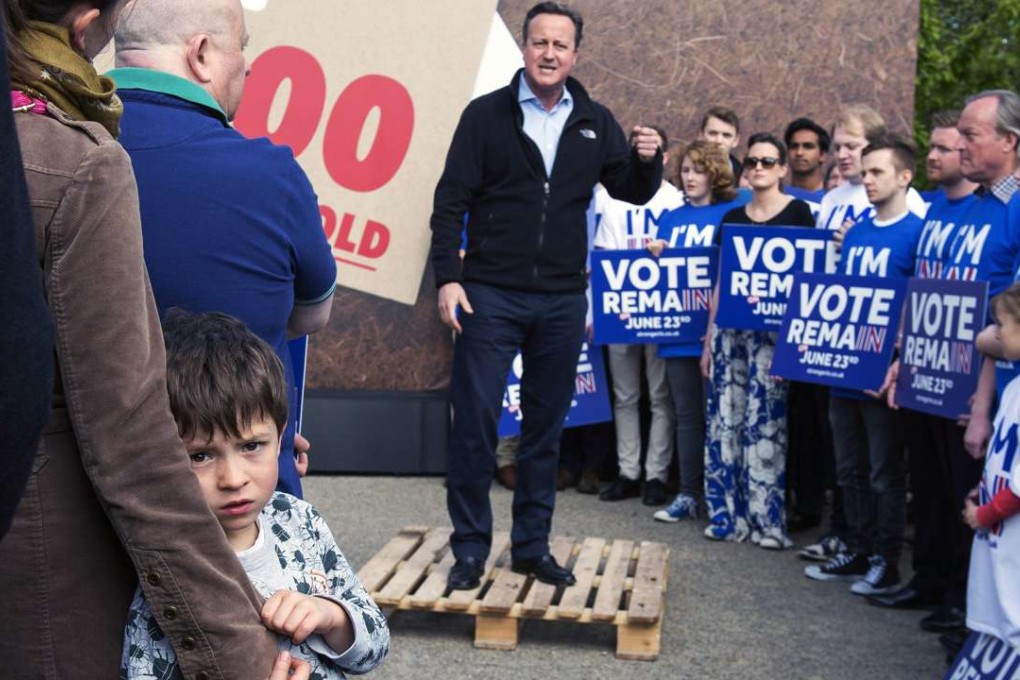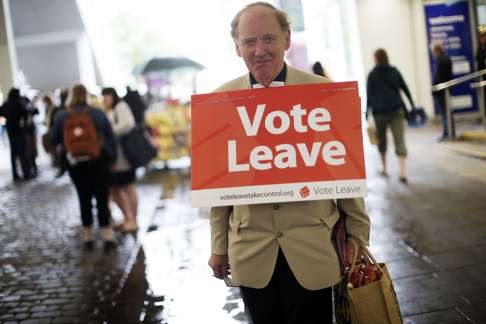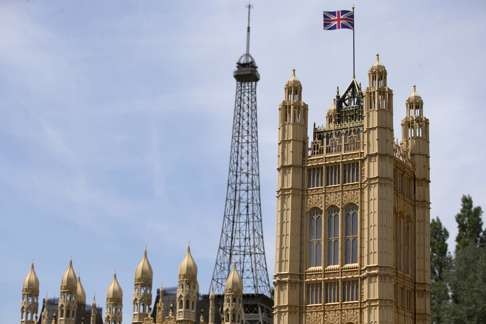Off Centre | If Britain does leave the EU, it will be a mess of David Cameron’s own making
Kenny Hodgart says being the No 1 cheerleader now for the Remain campaign does not cover up the fact that the British prime minister most likely called this wholly unnecessary referendum for selfish reasons

On the morning of June 23, the people of Britain will wake up, look outside and ask themselves how well-disposed they feel towards the French.
If the answer comes back that, for all their faults, they are charming and dependable neighbours, then Britain’s place in the European Union is safe. If, by contrast, it’s one of those days where France brews up in the mind as wholly smug and irritating, then the whole European project may be imperilled.
Yes, that’s probably a distortion of what will happen next week. The point stands, however, that the outcome of Britain’s referendum on whether to leave the EU will hinge on voters’ gut instincts. With the entire debate consisting of two sets of campaigners (Remain and Leave) lobbing forth outlandish predictions of the dire future that awaits if the result goes the other way, how could things be otherwise?
Boisterous British media fuel EU myths, but is anyone listening?

Rivals let rip in Brexit TV debate, accusing each other of lies and scaremongering
Depending on who you listen to, staying in the EU will either leave Britons richer, more empowered on the world stage and happier, both at work and in their personal lives, or shoeless, hatless and overrun by foreign criminals. The chasm between these competing views can only fuel distaste for politicians. More fundamentally, though, it should warn us, if warning were needed, that referendums are no way to arrive at practical policy decisions.
There are, after all, good reasons why they are used sparingly in most democracies and hardly at all in Britain. Not the least of these is that they normalise decision-making without personal accountability. The most extreme example of direct democracy is also the nuttiest. The state of California’s ballot initiative allows voters to take much of the business of policy into their own hands. The result is that limits on tax rates permanently depress revenues, which in turn enrages those who vote on bills to spend money on services, only to find the legislature has none.

Dutch voters deliver ‘humiliating rejection’ to EU referendum, with result hailed by ‘Brexit’ camp
The European country with the greatest appetite for referendums, meanwhile, is France. Charles de Gaulle, who incidentally wanted Britain nowhere near any supranational European body, had them introduced into the Fifth Republic’s constitution in order to override Parliament when it suited him.

